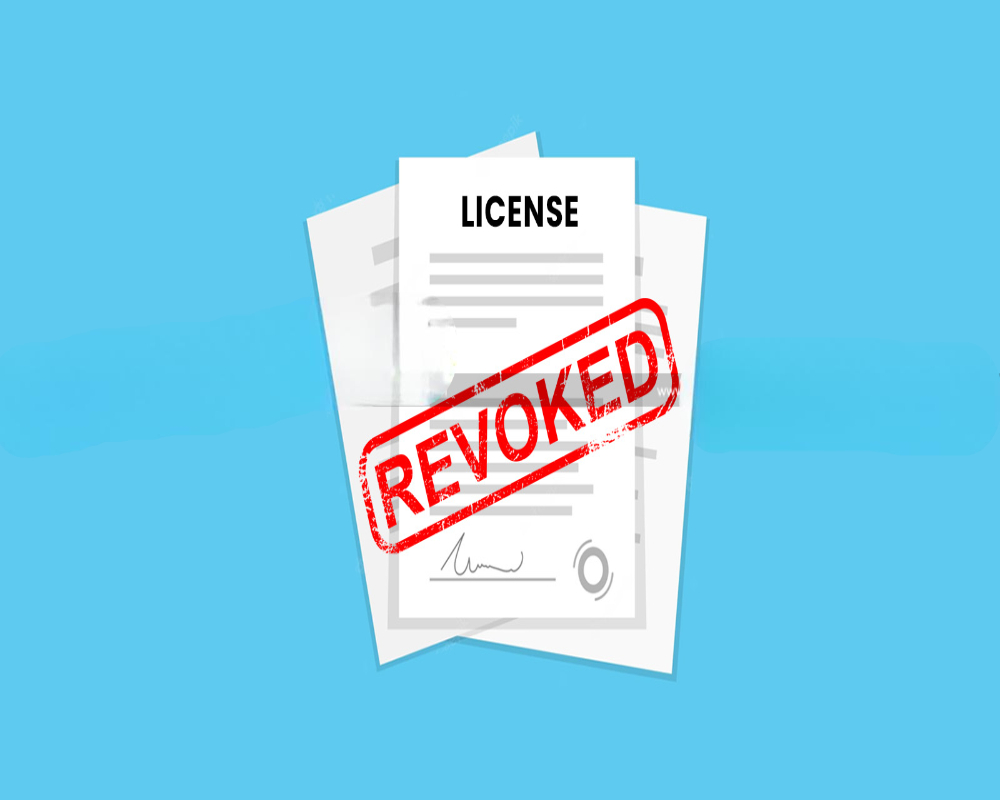Introduction
Section 8 Companies in India operate under a special license granted by the Central Government through the Registrar of Companies (ROC), under the provisions of the Companies Act, 2013. This license allows the company to operate for charitable or not-for-profit purposes, exempting it from using the terms “Private Limited” or “Limited” in its name and enabling it to enjoy other regulatory benefits. However, this privilege comes with strict conditions. If the company violates any of the prescribed terms or engages in activities contrary to its stated objectives, the government may initiate the revocation of its Section 8 license. License revocation is a serious matter and results in the loss of non-profit status, regulatory exemptions, and often leads to the company’s dissolution or conversion into a regular company.
Grounds for License Revocation
The Companies Act provides a clear set of circumstances under which the license of a Section 8 Company can be revoked. These include contravention of any condition on which the license was granted, activities being conducted fraudulently, deviation from the declared charitable objectives, misuse of funds, or operations that are prejudicial to public interest. For instance, if a Section 8 Company starts distributing profits among members, engages in undisclosed commercial activity, or fails to maintain transparent financial records, these can all serve as valid grounds for cancellation. The law is particularly vigilant when there is evidence that the company’s conduct undermines the spirit of public service or trust on which the license was originally granted.
Legal Procedure for Revocation
The revocation process begins when the Registrar of Companies or the Central Government is satisfied that a Section 8 Company has violated the terms of its license. A show-cause notice is issued to the company, requiring it to explain why its license should not be cancelled. The company is given an opportunity to respond and present evidence in its defense. A hearing may be held if necessary. If the explanation is unsatisfactory or if the violations are proven, the license can be revoked by an official order. The decision is made in accordance with Section 8(6) and 8(7) of the Companies Act, 2013, and must be backed by proper documentation and reasoning.
Consequences of License Revocation
Revocation of the license has far-reaching implications. First and foremost, the company loses its status as a non-profit entity. It must add the suffix “Private Limited” or “Limited” to its name depending on its structure. The company also becomes liable for taxes as a regular entity and may no longer be eligible for exemptions under Sections 12AB and 80G of the Income Tax Act. It may face legal penalties, restrictions on accepting donations, and in some cases, criminal prosecution if fraudulent conduct is involved. The company must also notify all stakeholders, including donors, regulatory bodies, and funding partners, about the change in status. In extreme cases, the company may be ordered to wind up its operations and transfer remaining assets to another eligible Section 8 Company with similar objectives.
Rights of the Company during Revocation Process
Although revocation is a stringent measure, the law ensures that the company is not penalized arbitrarily. It has the right to receive a written notice, to respond within a reasonable timeframe, and to seek a personal hearing if needed. If the company feels that the license has been unfairly revoked, it can file an appeal before the National Company Law Tribunal (NCLT). The tribunal reviews whether the procedure followed was fair and whether the decision was based on sufficient evidence. This mechanism of judicial review helps maintain transparency and prevents misuse of regulatory powers.
Preventive Measures and Governance Practices
To avoid the risk of license revocation, Section 8 Companies must ensure robust internal governance and strict compliance with legal norms. This includes maintaining accurate and audited financial statements, ensuring all income is utilized for charitable purposes, holding regular board meetings, filing statutory forms with the ROC on time, and adhering to the stated objectives in the Memorandum of Association. Directors must be particularly cautious about conflict of interest, related-party transactions, and unauthorized changes in operations. Proactive disclosures and internal audits can further help in identifying and correcting compliance gaps before they escalate into regulatory action.
Impact on Reputation and Stakeholder Trust
Beyond legal consequences, license revocation severely damages the organization’s reputation. Stakeholders—including donors, CSR partners, volunteers, and beneficiaries—may lose trust in the organization’s ability to manage resources and fulfill its mission. Public perception is particularly important for non-profit entities, and once tarnished, it can be difficult to regain support or credibility. Therefore, license revocation can not only dismantle the legal framework of the company but also jeopardize years of goodwill and community impact.
Conclusion
The revocation of a Section 8 license is a serious regulatory action that signals a breach of the trust placed in an organization by law, society, and its stakeholders. While the law provides due process and opportunities for defense, the consequences of revocation are significant—from the loss of tax benefits and donor support to the potential dissolution of the entity. It is thus critical for Section 8 Companies to uphold the highest standards of compliance, transparency, and ethical governance. Preventing revocation not only preserves the company’s legal standing but also reinforces its commitment to serving the public with integrity and purpose.
Hashtags
#Section8 #LicenseRevocation #HousingAssistance #AffordableHousing #TenantRights #PublicHousing #HousingPolicy #RealEstateLaw #LandlordTenantLaw #HousingRegulations #SocialHousing #LegalAnalysis #HousingJustice #CommunitySupport #FairHousing #GovernmentPrograms #HousingAdvocacy #TenantProtection #LegalRights #HousingCrisis


0 Comments